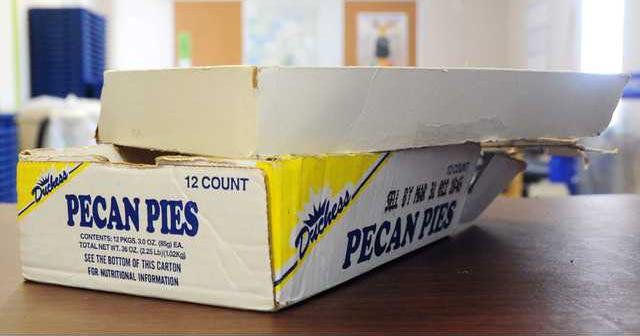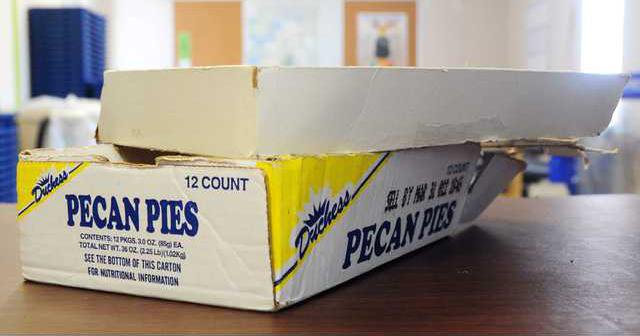A printed newspaper is made from recycled materials.
If you drive a car, it may have recycled parts. The drainage pipe surrounding your home might be made from a bottle of laundry detergent you used. The drywall and carpet in your home — recycled, recycled.
Whether you know it or not, you're participating in the recycling movement.
But Hall County is losing money in its efforts to be green.
Last week, county commissioners voted 3-2 to extend a request for proposal to private waste management companies to possibly take over the county's trash, recycling and landfill services.
The proposal could take about a month to prepare and will likely require sweeping changes in Hall County's recycling process, Hall County Resources Coordinator Rick Foote said.
"We're going to make some changes. Whatever those changes are, we don't know yet," he said.
Today, Foote and other waste management officials plan to meet and discuss the request for proposal, which will go before the commission before it's approved.
"It may be several weeks, months, don't know," he said. "It's going to take some time."
Hall County recycling sites are losing about $250,000 a year.
A slow economy and a lack of participation in recycling are the main causes of the loss, Foote said.
As the proposal is formed, he will be looking for ways to benefit Hall County in recycling, whether those improvements are made in recycling participation, amount of recyclables collected, cost savings, consumer satisfaction or convenience, he said.
The county uses multiple-stream recycling, where residents have to divide their recycling into labeled bins before it can be processed.
The county is looking into single-stream recycling, which doesn't require separation, and it was one of the conditions that county commissioners required when they approved the request for proposal.
The county has been considering the shift for about a year, Foote said.
Hall County has 13 compactor sites, where residents can take most recyclable materials.
At every site, there are separate bins for glass, two types of plastic, metal, several types of paper and motor oil.
At the Hall County Recycling Center, residents can also recycle batteries, electronics and cooking oil.
Each recyclable has its price.
Corrugated cardboard is a money-maker for the county and sells for about $130 a ton, Foote said.
Convenience is also a factor in cardboard recycling.
Most people would rather toss a wide, flattened cardboard box into a recycle bin just so they don't have to cram it into a garbage bag.
Gainesville resident Kevin McClusky takes his trash to the East Crescent Drive compactor site and recycles his cardboard, oil, glass and cans there.
"I guess it's easier just to throw the cardboard into the recycle bin instead of the trash," he said.
Other materials sell at higher prices, such as aluminum cans at $965 a ton. But these products aren't recycled as often as cardboard, Foote added.
But even when the return is low, every scrap still pays, Foote said.
For Nicole Worrall of Flowery Branch, multiple-stream recycling is time-consuming, but it's worth the trouble.
Worrall separates her recycling into several plastic bags, loads them into the trunk of her car and drives them to the recycling center.
She then unloads the bags and throws her recycling away piece by piece.
"I have kids, and I want to help their future be a little bit cleaner," she said. "It's just something I was taught growing up, too."
Worrall said it would save her time and trouble if she didn't have to organize her recyclables.
"Sometimes it's hard to get in and get out while you're trying to separate everything," she said.
Multiple-stream recycling takes extra work, but it also creates perfectly organized recycling with no contamination from other materials, Foote said.
The sorted materials are ideal for the processing centers that buy from Hall County, he added.
With single-stream processing, the recyclables are packed together and sold for a flat rate. That rate is generally lower than the separate prices for each material.
The city of Gainesville already has single-stream recycling, Gainesville Public Works Director David Dockery said.
In Gainesville, trucks collect recyclables from residents and haul them to a recycling center. The city receives $25.50 a ton — a little more than a penny a pound — for its recyclables.
But on Gainesville's smaller scale, the flat-rate revenues cover the city's recycling costs, Dockery said. The city collects recyclables and carries them to a transfer station in Lawrenceville. The city took over its own recycling in January from a private company, Dockery said.
"We do seem to be realizing a savings by doing it ourselves," he said.
Foote said Hall County could consider a mixture of public and private recycling but won't know the details until after county waste officials begin writing up the request.
No matter what plan of action county officials decide to take, they're hoping for improvement, Foote said.
"Obviously, no one wants to backslide," he said.

